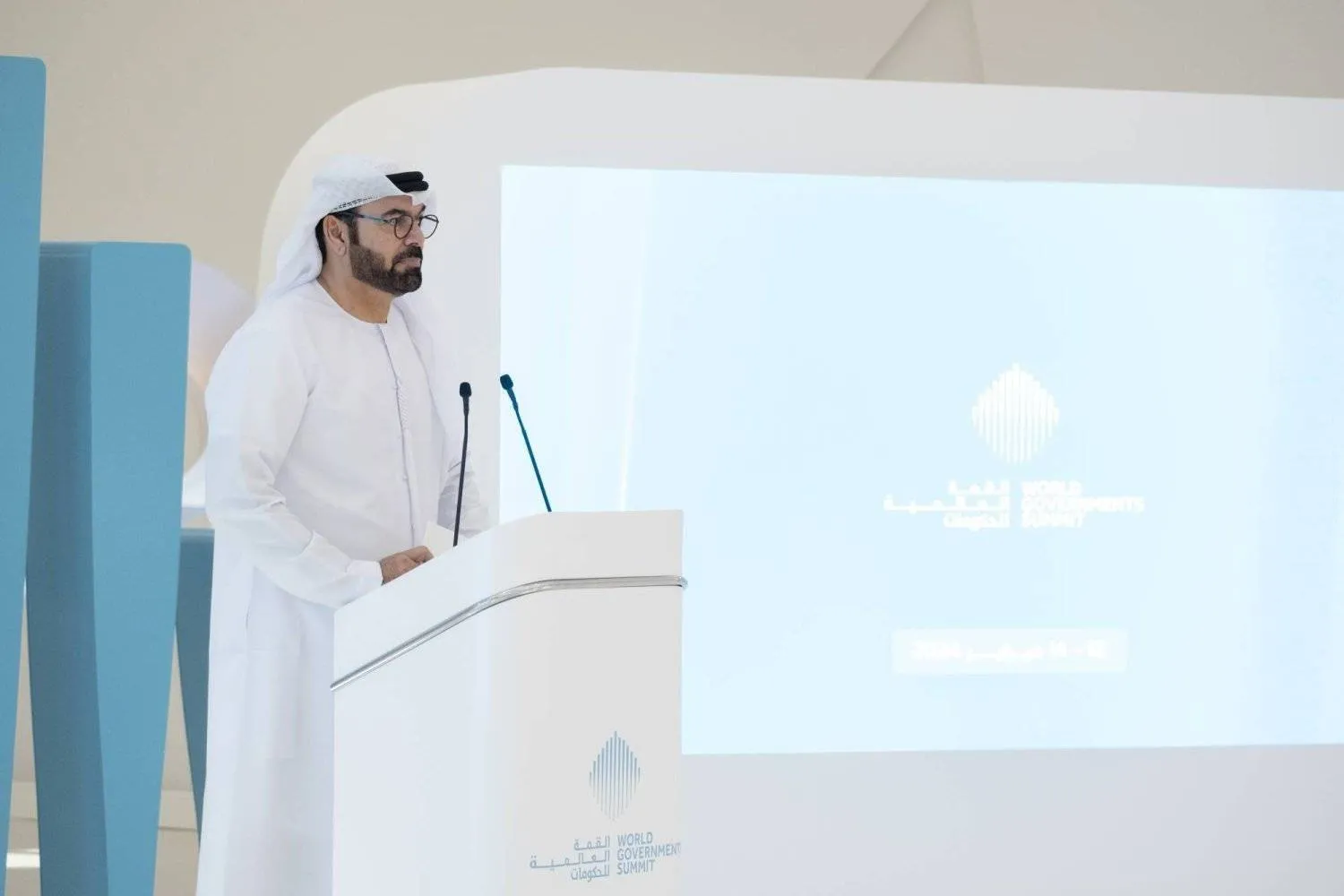Artificial Intelligence and the next frontiers are among the main themes addressed by the upcoming World Government Summit 2024, held in Dubai on February 12-14, due to its profound impact across various key sectors and the potential major transformation it could bring to communities worldwide.
The WGS will host more than 100 personalities and leaders of giant AI companies and will bring together business owners, AI experts and major players, alongside government leaders in meetings that aim to result in solutions that empower governments to keep pace with AI developments and be fully prepared to deal with its challenges and utilize its great potential.
Such meetings also aim to create frameworks to face AI challenges through dialogue and partnerships, according to Emirates News Agency (WAM).
The list of WGS attendees also includes a host of top experts, CEOs and founders of major AI, advanced technology, and smart applications companies, and pioneers of AI integration.
The Summit agenda is full of sessions, workshops, and side events addressing the various aspects of AI and its applications. The Artificial Intelligence Forum will act as a catalyst for international cooperation and multi-sector partnerships, further driving responsible AI-centric progress for the benefit of all communities.
The Forum looks into reaching a global consensus on developing and adopting principles of responsible AI by launching global dialogues that bring together private and public sector officials. It also addresses enhancing AI capabilities by developing education and infrastructure sectors and formulating future policies.









